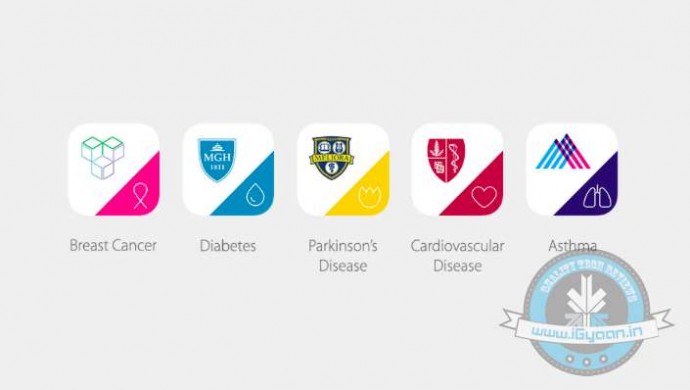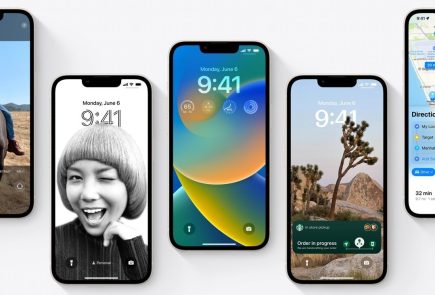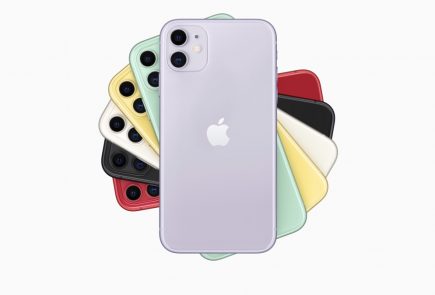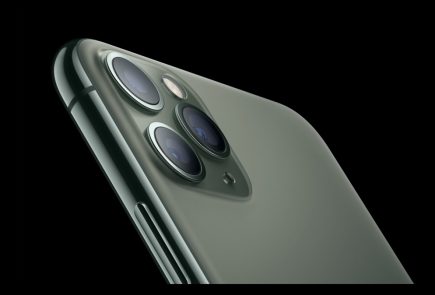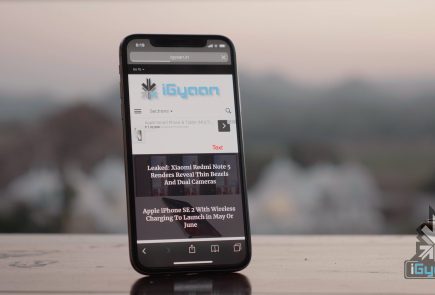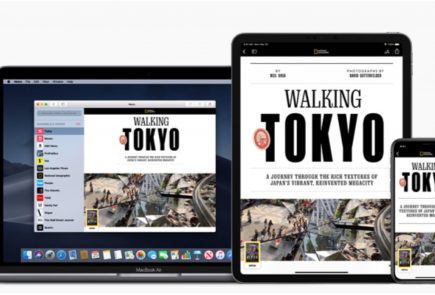Apple ResearchKit Gets Massive Sign Ups But Also Faces Some Concerns
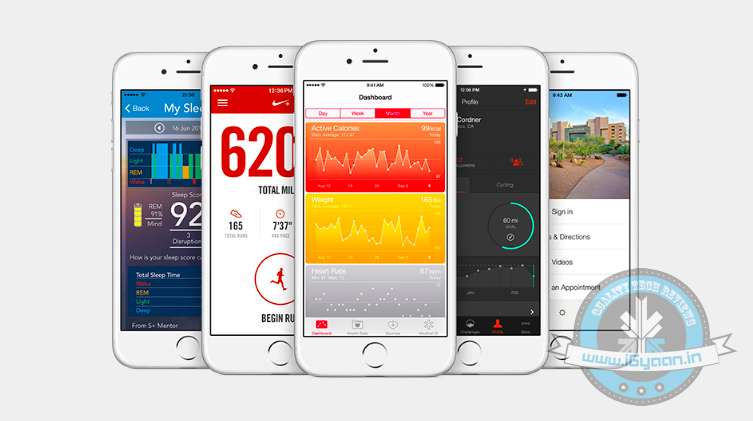
During the latest Apple ‘Spring Forward’ event, one new feature that was somewhat overshadowed by the launch of the Apple Watch was ResearchKit. With this new software platform, Apple would involve users and health professionals to gather medical data which can be used to study various diseases. Apple might have found a successful way to crowdsource medical data.
Once the user gives ResearchKit the required permissions, it sends the users health data to Apple. The company then shares the data with doctors and scientists. The information can include the user’s weight, blood pressure and activity levels, as well as data on conditions such as diabetes, cardiovascular disease, asthma and breast cancer. It lets iPhone users to become the source of information for massive research projects which would help advance medicine for the future.
At present, ResearchKit is only available on the iPhone, and it uses hardware resources like the accelerometer in the device to capture the user’s physical data. It will also let educational institutes and research facilities to create apps which can gather medical data securely.
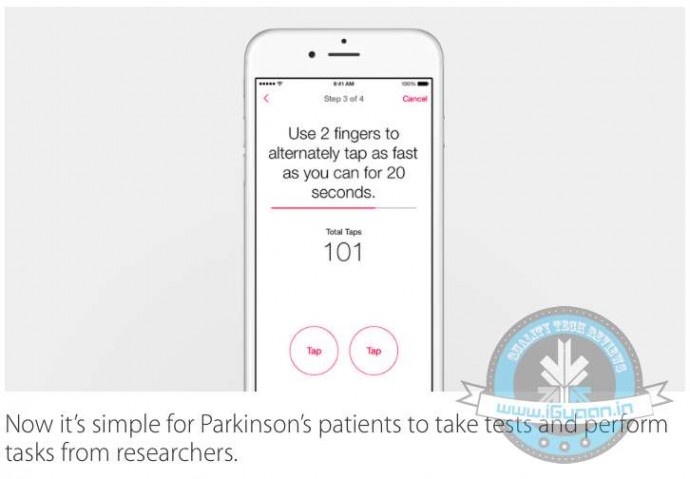
Using various tests and apps on the iPhone, users can easily monitor their health and also contribute to medical research.
The potential of the software has enticed many, and there have been huge signups for the service. In an interview, Apple chief Tim Cook said that about 11,000 people had signed up for the study using their iPhones in just 24 hours. Conventionally, it would have taken five medical centres over a year to gather up that many subjects.
But amongst the many encouraging responses, there are also some professionals who are raising concerns related to the new platform. The first and foremost is the security and privacy of the medical data. There cannot be a more personal data than the medical information of the person. This platform will keep a track of the signed up users twenty-four seven, and they have to trust Apple with this sensitive information.
Apart from the privacy issues, there are also concerns that the data wouldn’t be as varied as Apple hopes it will be. As most of the iPhone buyers are financially independent and have college degrees, the data might not be all inclusive. But considering that the Apple smartphone is now available in almost all markets across the earth, it will lead to a massive amount of information from varied population that is not limited by geographies. Also, as the data is being collected through the iPhone’s internal sensors, it would be difficult to falsify the results, and the researchers will have access to quality health information.
ResearchKit has a long way to go, but it sure looks promising. It is an experiment worth considering by the medical community. Apple though has to come clear on its privacy policy for the platform and introduce it in clear language and illustrations that would be easy for anyone to understand. It should also engage Android and other OS users to join the platform to give the researchers a broader range of subjects to choose from. The smartphone ecosystem has finally evolved from mere communication devices to tools for bringing real world change.
















